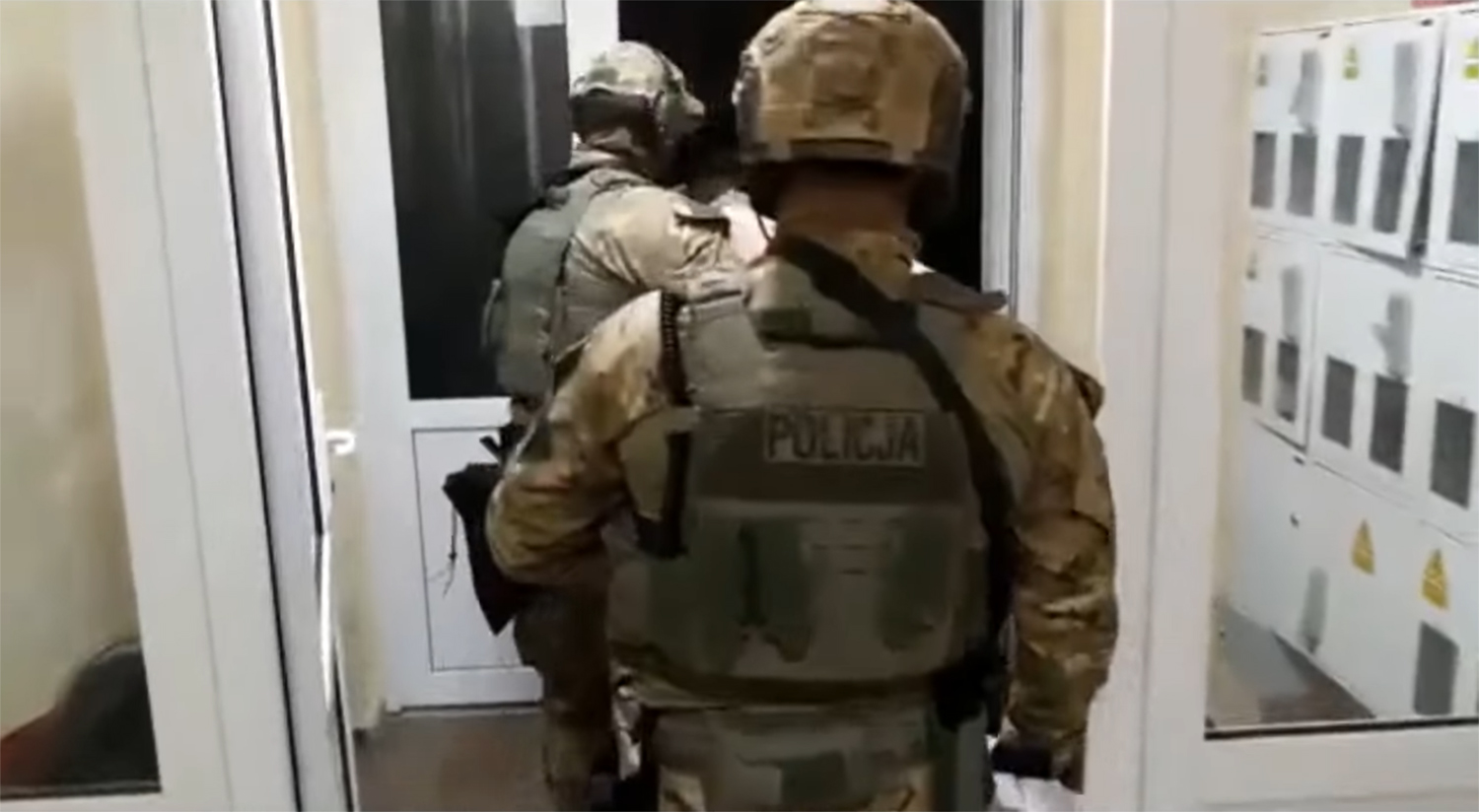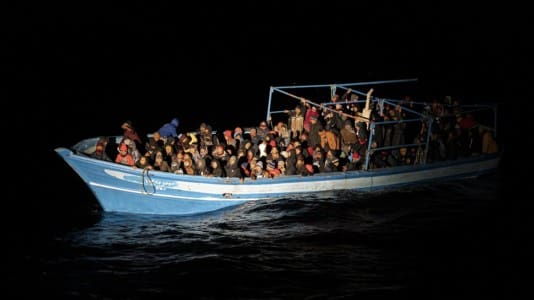The threat of terrorism in Europe remains high despite the declining number of attacks in recent years, according to a report on extremism by Europol.
The EU’s law enforcement agency claimed that the war in Ukraine poses new threats to the security of the European Union; it also warned that danger may arise from those returning to Europe from the war.
“Continued war is likely to trigger violence, extremist reactions, and mobilizations, especially in the online domain,” Europol stated in its report, citing lessons learned from dealing with foreign fighters returning from battlefields in the Middle East.
Europol revealed it had managed to thwart several attacks last year; according to the agency, terrorism remains a crucial threat to European security.
The agency also emphasized that radical groups of almost all orientations were abusing the Covid-19 pandemic to justify extremism and propaganda, citing “conspiracy theories about the origin of Covid-19, false information about vaccinations, and accusations of mass surveillance by the authorities” as examples.
“As Europol’s report points out, this can also happen under the influence of online propaganda,” Czech expert on extremism, Miroslav Mareš, highlighted.
According to Mareš, the impact on Europe could be such that the polarization of society intensifies, which could lead to political crises and unrest. Disinformation campaigns linked to Russian aggression against Ukraine can also mobilize consumers of Russian propaganda.
“Various groups and individuals can use online media to discuss joining the fight and finance violent activities,” Europol warned in the report.
Czechia can identify and support the return of its fighters in Ukraine who had officially asked the president to serve in the foreign army, Mareš said.
However, it is much more complicated for those who have gone to the combat zone and operate outside the legal framework; and due to the radicalization of some individuals, terrorist attacks could also occur in the Czech Republic.
“Among other things, there could be terrorist attacks targeting persons involved in helping one of the sides of the conflict. Victims of terrorism can also be people from the Ukrainian diaspora. On the other hand, the excesses of Ukrainian nationalists cannot be ruled out in the event of their situation becoming worse,” noted Mareš.
According to expert Pavel Hlaváček, we may also have to deal with so-called lone wolves.
“It is still true that the greatest threat to security in Europe is represented by religiously motivated terrorists. I do not expect the war in Ukraine to significantly change anything in this regard,” added Hlaváček.
However, according to Mareš, violent behavior can also arise among members of the pro-Kremlin Russian and Caucasian diaspora in Czechia; thus, the police should be prepared for potential false flag attacks when, for example, the Russian secret services plan an attack that looks like the actions of Ukrainians or other opponents of Putin’s aggression.





